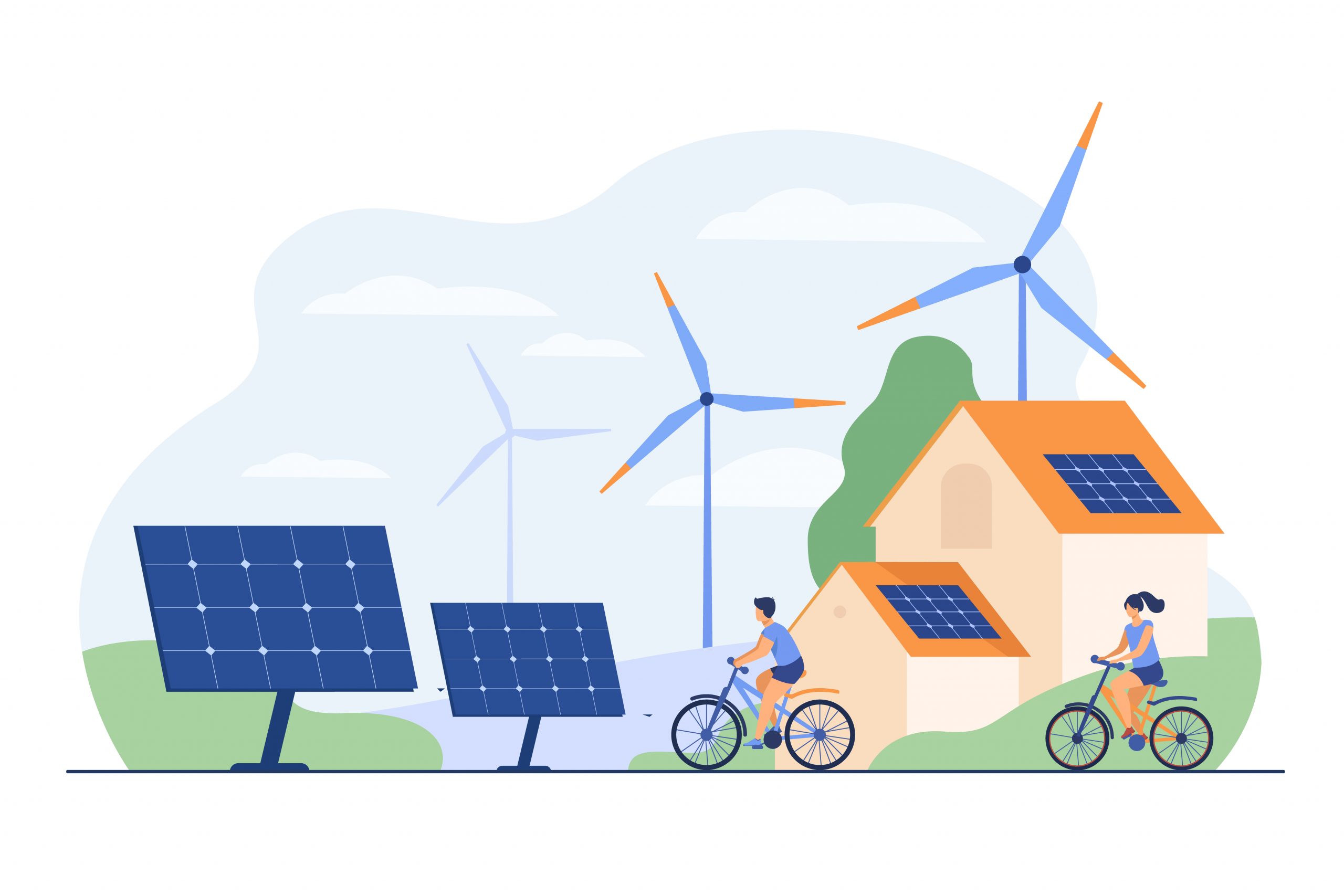The bloc needs to have a political debate on raising climate targets, develop green financial policies and listen to progressive member states
This year’s international climate summit – Cop24 – will be held in Europe, in Poland. Last time such a meeting happened on the continent, parties agreed the landmark Paris Agreement.
Three years later, the world expects the EU to lead on its implementation, in great part by raising its own domestic pledge. Sadly, the EU appears to be falling short of these expectations: the bloc has recently called for higher ambition from other parties, and advocated for a strong ‘Paris rulebook’, but without matching these calls with a review of its own climate targets.
This lack of engagement is disappointing – but can be somewhat explained, if not forgiven, as the EU is agreeing on a domestic decarbonisation framework for 2030. These negotiations are carried out in the shadows of the EU legislative procedure, and probably best left alone as parliament and member states agree on the 2030 targets for energy efficiency and renewable energy.
But there is still plenty that must be done now to both accelerate the EU’s domestic low carbon transition and reassure international partners of its commitment to the Paris Agreement.
1. Set clean energy targets
In the next few weeks, European negotiators are due to set energy efficiency and renewables targets for 2030.
European governments have been reluctant to move significantly away from their 2014 position, which set 2030 objectives of at least 27% renewable energy and at least 27% energy efficiency improvements. However, a change of leadership in Spain and Italy is creating momentum towards the European Parliament’s position of “35-35”.
EU climate and energy commissioner Miguel Arias Cañete has already indicated that the resulting higher energy targets would lead to deeper greenhouse gas cuts than the 40% agreed in October 2014, before the Paris Agreement. This is a serious contribution to the upcoming discussion on upgrading EU’s ambition.
2. Align 2030 goal with Paris
Next, European governments can foster a discussion on 2030 ambition. Some European member states have already expressed their desire to revise the European climate targets to bring them in line with Paris.
The Netherlands and Sweden were first to signal their willingness to start a discussion with other governments. That was followed by a roundtable on the same topic and a joint call from the ministers from Germany, France, the Netherlands, Sweden, Finland, Portugal and Luxembourg to increase European ambition.
Spain has recently announced that it joins this call for a stronger 2030 greenhouse gas target. The debate is launched.
Now this coalition needs to build momentum and get other European countries on board in order to update the EU’s domestic contribution by 2020.
3. Update the long-term strategy
At the same time, the European Commission must fuel the debate on an ambitious 2050 climate strategy. European heads of states and governments requested the commission to prepare a 2050 climate strategy.
A first glimpse at the 2050 Climate Strategy is expected by or at Cop24. It is essential that the commission both manage the technical exercise – updating its modelling in line with miraculous advances in technology and include a 1.5C compatible scenario – and the politics around this new roadmap, to ensure buy-in from member states and stakeholders alike.
A higher long-term target must then loop back into the ongoing discussions on 2030 ambition.
4. Green finance flows
Finally, European policymakers from countries, European Parliament and Commission, must create an ambitious framework to shift financial flows.
The EU is known as an innovative testing ground for new decarbonisation models. Its various climate and energy packages, its emissions trading scheme, have contributed to the global fight against climate change.
The next field where the EU can play a pioneering role is in the design of financial and budgetary policies to shift financial flows towards sustainable investments.
The Commission has recently published a promising Action Plan on Sustainable Finance, and mixed proposals for the EU’s 2021-27 budget. The ensuing negotiations will be an opportunity for European leaders to shift public and private funds away from fossil fuels and towards sustainable projects.
All through delivery of these actions, international stakeholders and diplomatic partners should hold the EU’s accountable for its commitments and policies, while understanding that decision-making between 28 members (or 27 after the UK leaves) can be a lengthy affair.
There should be no doubt though: the EU needs to revise its greenhouse gas reduction targets for 2030 and 2050 while at the same time developing world-class decarbonisation models. There is no time for complacency.
Manon Dufour and Quentin Genard are European climate policy experts at E3G

